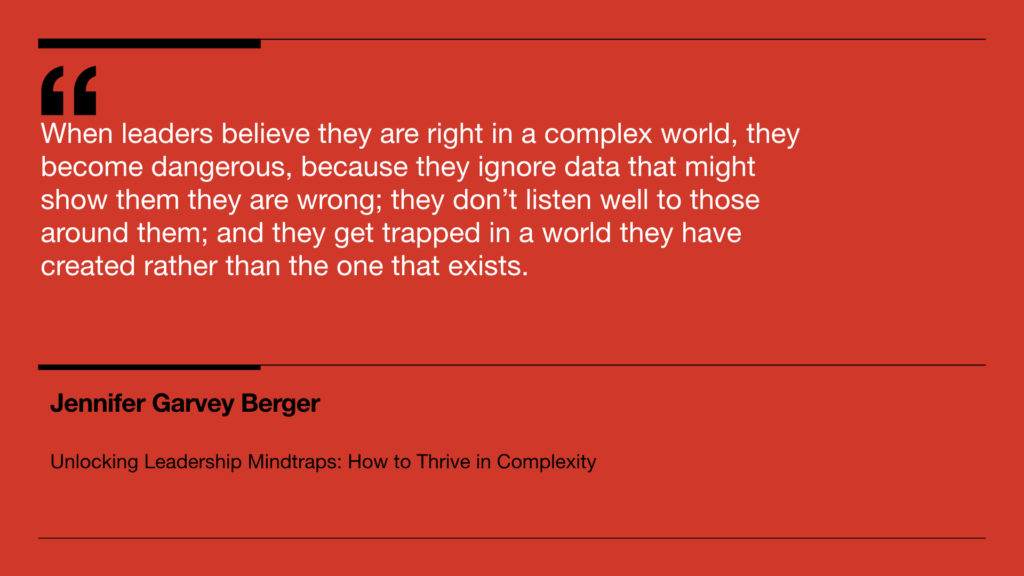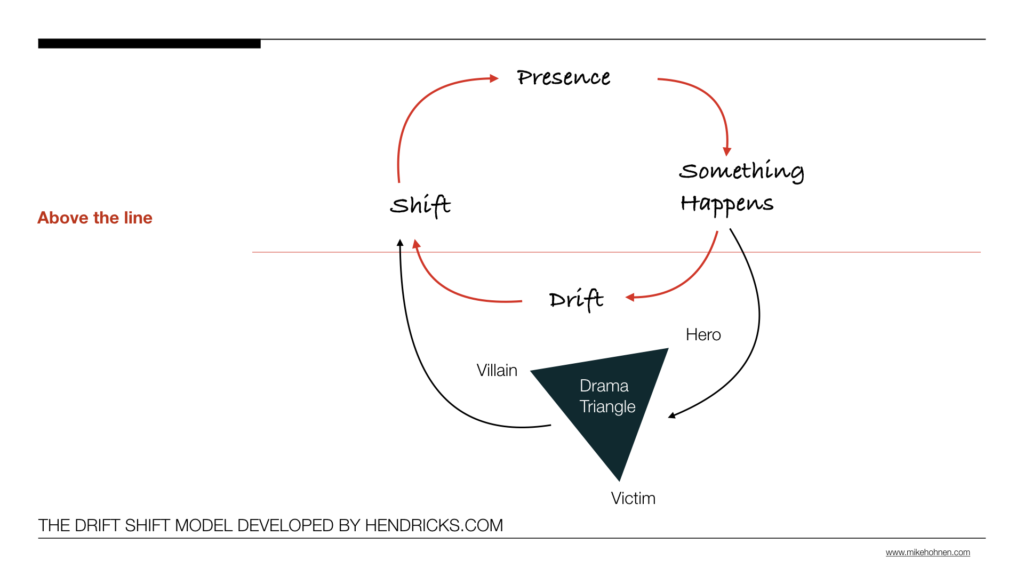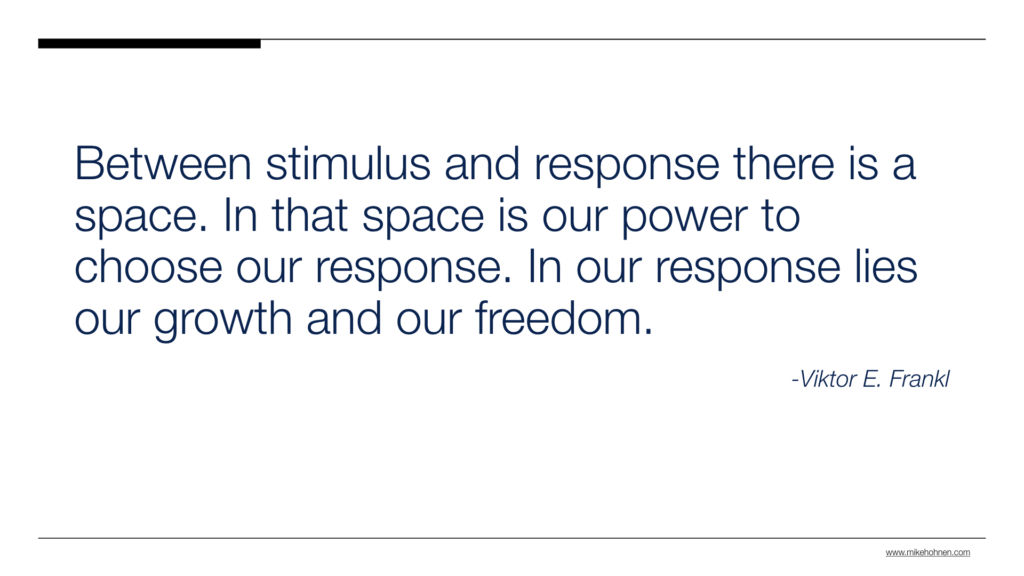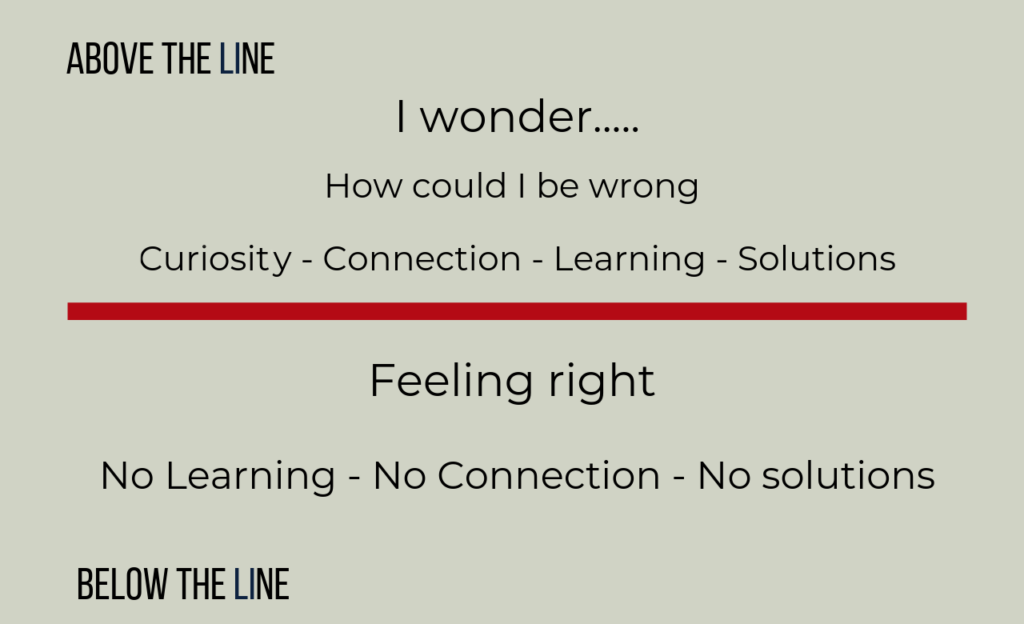It’s got to be like this. And if it’s like this, it obviously cannot be like that. This is the world your ego loves.
We have been exploring the difference between to be above the line and below the line in a number of blogposts now. The concept of ‘this’ not ‘that’ relates back to my original video in this serie about how we get trapped in wanting to be right. When we get trapped in ‘this’ not ‘that’, then we also are trapped in right and wrong and black and white and all the rest of it. And that’s fine. As long as we are operating in a simple world: that car is blue, that horse is moving or appels are fruits.
Video and Soundcloud versions below
‘This’ not ‘that’ works when things are simple
But as soon as we start moving out of very simple situations and into something that starts getting more complicated or even more complex, we start getting into trouble.
Just to recapitulate, computers are complicated. They are difficult but once you figure them out then you know how they will respond. A bowl of spaghetti on the other hand is complex. You have no idea how its is ‘configured’. If you pull a strand what happens next? It is unpredictable and the next bowl will behave differently.
That’s the beauty of complexity. Things are so interconnected and there’s so much randomness in the system that we don’t really know how things will evolve, respond or perform. In a complex world ‘this’ not ‘that’ is pretty useless. It doesn’t work.
Of all our fears, the fear of the unknown is the greatest
So why do we get trapped in wanting to be right? Well, you’ll see what happens is that most of us get scared when faced with complexity. We have nothing to hold on to, no rules to live by and our little ego freaks out and looks for something to cling to: And there is it is ‘this’ not ‘that’. The moment it does, it drags us below the line. It’s the end of open mind, we no longer see possibilities, we are not open to perspectives. We are fighting for ego-survival. It’s ‘this’ not ‘that’!
In order to stay above the line, we need get comfortable with complexity and we need to be okay with our ‘not knowing’. Complexity means dealing with the grey tones, resisting the black and white solutions. In complexity, we need more options, because we can’t possibly know beforehand which options will actually work out.
That is the world that we’re operating in.

Great team leaders are not afraid of complexity
And in case you were wondering, anything that involves human beings is not only complicated, it is also very complex. That means the big error we keep on making is, we think we can reduce all those questions regarding our teams and people to ‘this’ not ‘that’. If we do ‘this’, they are going to do ‘that’. Maybe they will, maybe they won’t. It just depends. “If we give them a bonus, they will do this”. Maybe, some people will, sometimes. Maybe they won’t. To be a great team leader is also to become a master of complexity.
Here are the previous post in this series
Leadership skills every team leader needs to master
As a leader do you have the courage to examine your mindset model?
Feeling right you are probably wrong
Great team leaders do not get sucked into drama
Because you will drift you need to learn how to shift
Mike Hohnen, MBA is a coach, trainer, author and public speaker who supports leaders, managers and their teams in implementing the principles of the Service Profit Chain.





 “The problem is that leaders think they’re supposed to be courageous in facing the outside world, whereas what is so profoundly transformative is the courage to look at yourself.
“The problem is that leaders think they’re supposed to be courageous in facing the outside world, whereas what is so profoundly transformative is the courage to look at yourself.